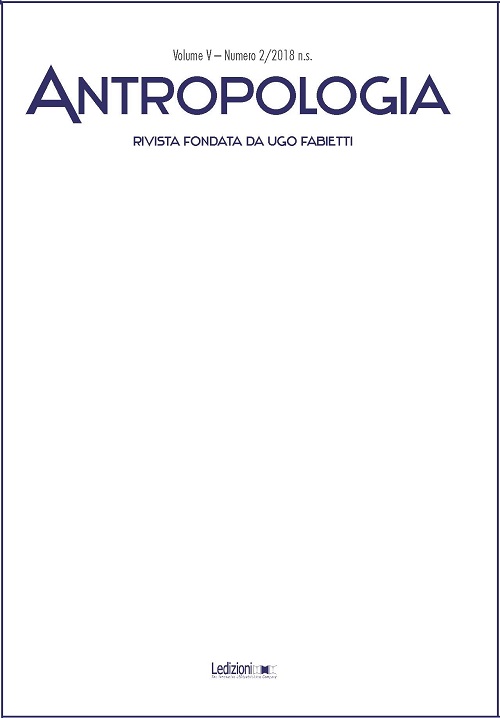Forgetting Pronatalism? Abortion Governance and Pro-life Discourses in Post-communist Romania
DOI:
https://doi.org/10.14672/ada2018145755-73Parole chiave:
Abortion, pro-life activism, reproductive rights, Post-communist RomaniaAbstract
Abortion-ban in communist Romania (1966-1989) was the most repressive political demography in twentieth century Europe. The first day after Ceaușescu’s execution, the new government (re)legalized elective abortion. Since 1990, many changes have occurred in Romania’s post-communist abortion governance: in legislation, healthcare, and public controversies surrounding fertility control. This article is informed by a long-term ethnography of reproduction control in post-communist Romania (2013-2017). My goal is to show how contemporary pro-life lobby continues to challenge women’s reproductive rights. Firstly, this article presents the latest shifts in abortion-governance, after a summary of Romania’s abortion legislation. Secondly, it frames the rise of contemporary pro-life lobby by pointing out its main actors and their connection with The Romanian Orthodox Church, which is actively involved in contemporary youth pro-life protest. I argue that the rise of pro-life protest in contemporary Romania is constructed around a ‘low-remembering’ of communist pronatalism, which stands to seriously shape reproductive rights and abortion-care for Romanian women now and in the future.##submission.downloads##
Pubblicato
2018-11-27
Fascicolo
Sezione
Special Focus. Contested Terrain. Abortion at Intersection of Rights, Health and Law
Licenza
- Gli autori mantengono i diritti sulla loro opera e cedono alla rivista il diritto di prima pubblicazione dell'opera, licenziata sotto una Licenza Creative Commons - Attribuzione che permette ad altri di condividere l'opera indicando la paternità intellettuale e la prima pubblicazione su questa rivista.
- Gli autori possono aderire ad altri accordi di licenza non esclusiva per la distribuzione della versione dell'opera pubblicata (es. depositarla in un archivio istituzionale o pubblicarla in una monografia), a patto di indicare che la prima pubblicazione è avvenuta su questa rivista.




